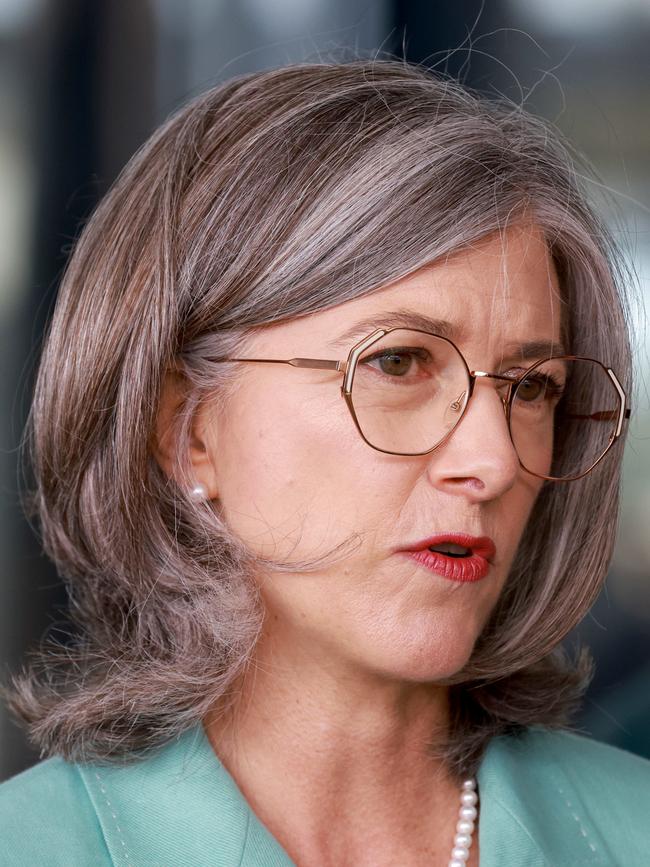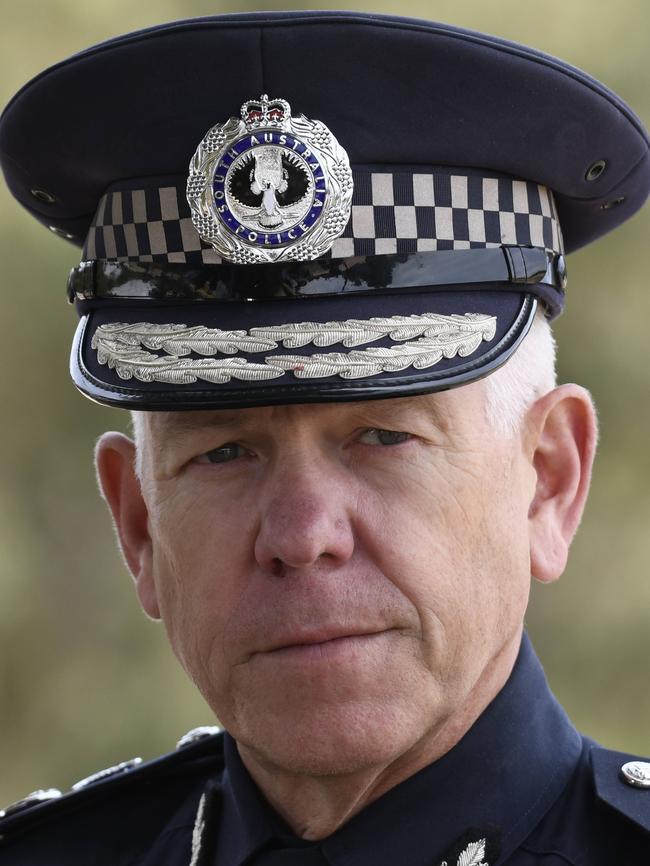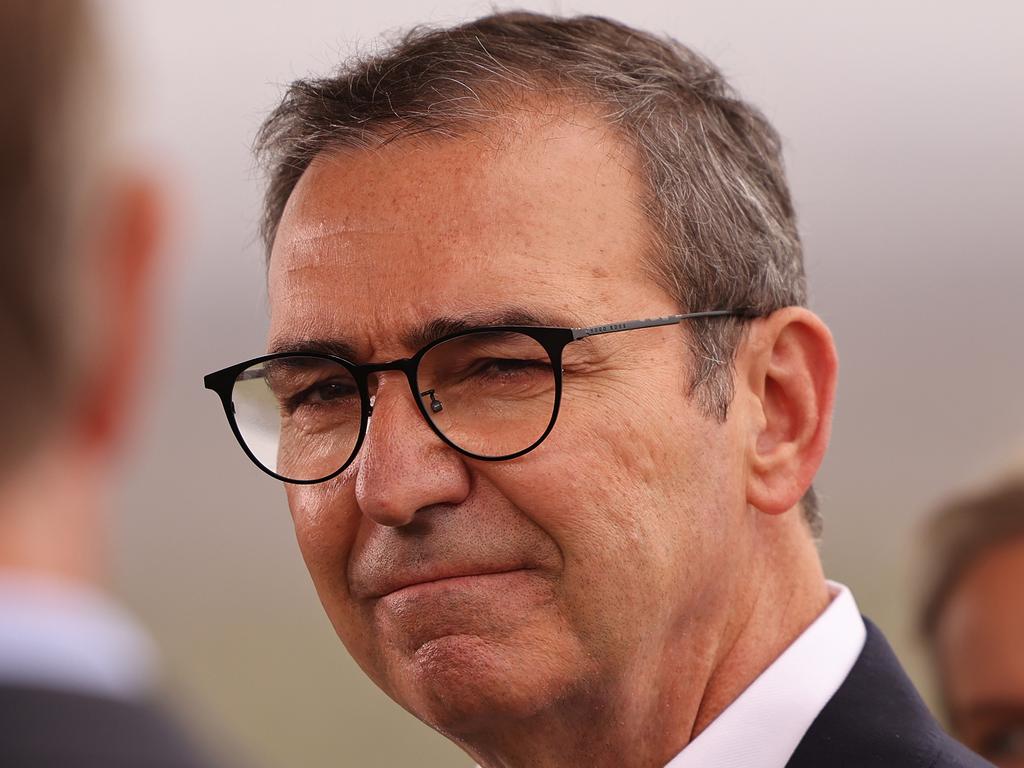Steven Marshall says the election is about much more than Covid.
The Premier is right in that claim. He has a positive economic story to tell in terms of lowering costs, stabilising the energy supply, overseeing the creation of new jobs in new industries and stemming the exodus of bright young South Australians to the eastern states. But inevitably, the management of the pandemic will still loom large in voters’ minds. To that end, the timing of the election may not suit the premier.
There have been three state elections in Australia since the pandemic began, each delivering a resounding victory to the incumbents.
Labor gained four seats in Queensland in April 2020, Mark McGowan almost obliterated the Liberals in WA last March, and the Tasmanian Liberals achieved the rarest of Tasmanian feats, majority government, in May of last year.
These elections all came at a time when voters were more fearful and more compliant. People simply wanted the government of the day to be correct in its management of Covid.
Fast forward to 2022 and the community is more questioning, more divided, less patient.
As Scott Morrison is finding federally, and Dominic Perrottet discovered at NSW by-elections last weekend, voters are looking for someone to blame.
Had Marshall gone to the polls last year, he would have cruised home in a state that had recorded just four Covid deaths and had the lowest days in lockdown of any state on the mainland.
The reopening of SA’s borders on November 23 changed all that, worsened by the fact that the state’s modelling was based on Delta, with Omicron declared a variant of concern by the World Health Organisation just days after Marshall swallowed hard and let SA’s eastern states diaspora come home for Christmas.
Return they did, bringing with them the coronavirus.
Having cruised through Covid by national standards, cases in SA surged, testing queue wait times stretched to 10 hours, thousands were forced into isolation, and by early February more than 100 people had died.
It remains to be seen if the anger many South Australians felt will be sustained until March 19. But one thing is clear. Surprisingly, as the leader of a Liberal government, Marshall’s tetchiest constituents are his traditional backers in the business community.
Walk into any flash city restaurant – you won’t need a booking as the CBD is still half empty – and you can find a group of businessmen railing about Marshall effectively handing the reins to police chief Grant Stevens and the woman they derisively call “Saint Nicola”, chief medical officer Professor Nicola Spurrier.


The anger is not confined to the hospitality industry but extends across business, with many wondering why Marshall did not insist on greater freedoms prior to the November 23 opening when Covid was non-existent across SA.
With the borders now open, there is renewed impatience, as Omicron stabilises, with the lingering restrictions and the logical inconsistencies they entail.
In recent weeks, Marshall has moved to arrest the sense that he was sidelined (or had sidelined himself) to Professor Spurrier and Commissioner Stevens. Rather than standing behind them and nodding in agreement, the Premier has been holding Covid-related press conferences largely on his own. Spurrier has rarely been seen since the borders opened, in no small part because she advised the safest course of action was to close them again as Omicron surged, which was rejected by the Transition Committee.
On current SA Health modelling, restrictions will continue to be lifted up until polling day, conveniently for the government.
Marshall can still point to SA’s great record compared to the other states and overseas in terms of deaths and lockdowns. He should make much more of the fact that he kept his nerve post-November 23 and didn’t ape Mark McGowan in taking the totally unrealistic step of closing off to the rest of Australia indefinitely in the absurd hope you could avoid Omicron forever.
The bigger question for Marshall will be whether has he led enough, been strong enough.
Unlike other premiers, he does not have the luxury of a hopeless opponent. Peter Malinauskas is a Labor Right conservative who made the shrewd decision at the start of the pandemic not to give a running commentary on the government’s failures, but to almost sit the pandemic out and back-end his campaign strategy.
He’s the only opposition leader in Australia to survive the pandemic, and he’s in with a chance, mainly because the voters have shifted from compliant to cranky.





The national lessons from the South Australian election will be twofold. It will show whether incumbency has gone from being a blessing to a curse as we try to emerge from the pandemic. And it will show whether the public wants leaders to get back to the business of leading and put an end to the transfer of executive power to unelected health bureaucrats and police chiefs.